France and Morocco have announced a closer cooperation on the deportation of Moroccan migrants without permission to be in France. However, this recent rapprochement between the two countries has had ramifications for the region, and Morocco's neighbor Algeria.
French Interior Minister Bruno Retailleau visited his Moroccan counterpart Abdelouafi Laftit on Monday (April 14) to discuss migration, the fight against organized crime and security cooperation issues between the two nations.
According to the French interior ministry, Retailleau announced the creation of a joint working group between the two nations to identify migrants from Morocco who are in France already without the correct permissions, to help facilitate their deportation to their home country.
Retailleau said the agreement would "increase the efficiency of deportations."
Read AlsoMorocco, a reference point for EU on migrants and fight against terrorism
Improved links between Morocco and France
Relations between Morocco and its former colonial power in the north, France, have improved since France announced last year that it would recognize the disputed Western Sahara territory in the south of the country as part of Morocco.
For over 50 years, the territory of the Western Sahara, which previously used to be occupied by Spain, has been trying to break off and form an independent country.
This thorny diplomatic issue had spilled out into other areas of international cooperation, particularly migration.
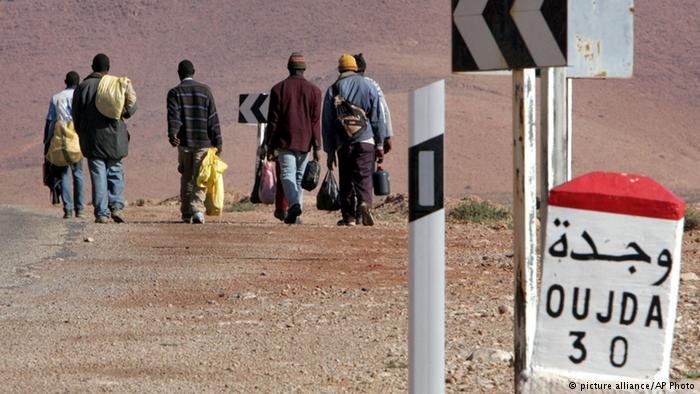
For years, Moroccan authorities routinely refused to issue the necessary documents to French authorities required to deport failed asylum seekers back to Morocco.
In response to Morocco’s refusal to cooperate in the past, France took certain countermeasures, such as cutting the number of visas for Moroccans by half in 2021 and 2022.
With diplomatic tensions apparently overcome and relations between the nations seemingly warmer, the two countries are hoping to work more closely together in the future.
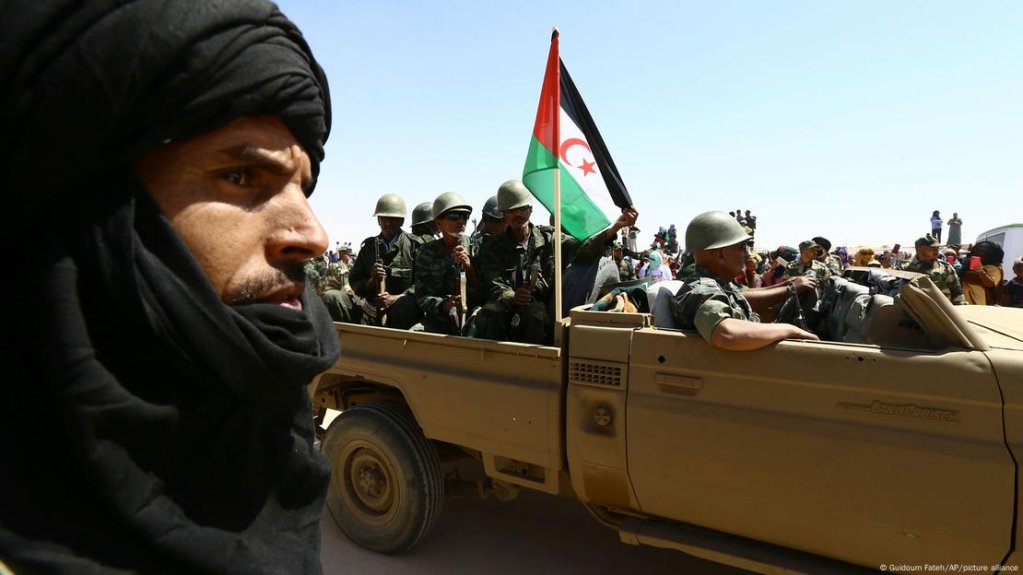
Read AlsoMorocco: Nearly 80,000 attempts to reach the EU prevented in 2024
Tensions with Algeria
This rapprochement between Morocco and France, however, has had a negative knock-on affect with Morocco’s neighbor, Algeria — the largest country by landmass in Africa.
Algeria, also a former French colony, backs the independence of the Western Sahara territory and has been funding the Polisario separatist group there for many years.
On Monday, French Foreign Minister Jean-Noel Barrot announced that Algeria had asked 12 French officials in the North African nation to leave within 48 hours, highlighting a further escalation of the diplomatic rift between those two countries.
Barrot stressed, however, that this particular deterioration of relations was linked to the arrest of three Algerians in France, suspected in the kidnapping of an exiled Algerian government opponent.
Barrot added that this development should not be regarded as part of the broader disagreement between the two nations.
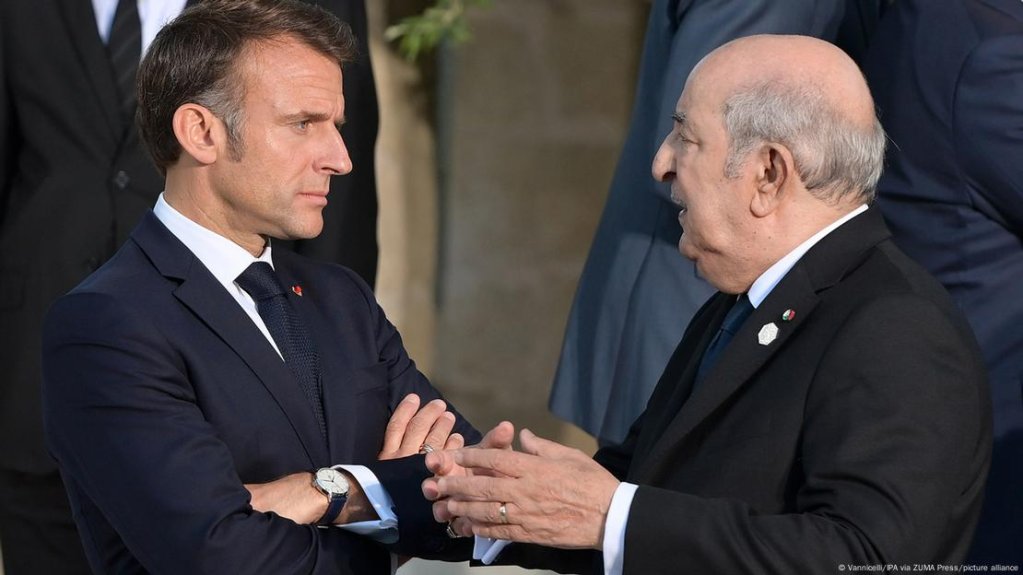
Still, the foreign minister added that if the decision to "send back our officials is maintained, we will have no other choice but to respond immediately."
Earlier this month during a visit to Algiers, Barrot said that both countries wanted to "rebuild a partnership of equals."
However, with tensions between Algeria and Morocco also flaring up episodically, especially because of the two countries' stances on the Western Sahara issue, the idea of France warming up to Morocco in general is not a popular one in Algiers.
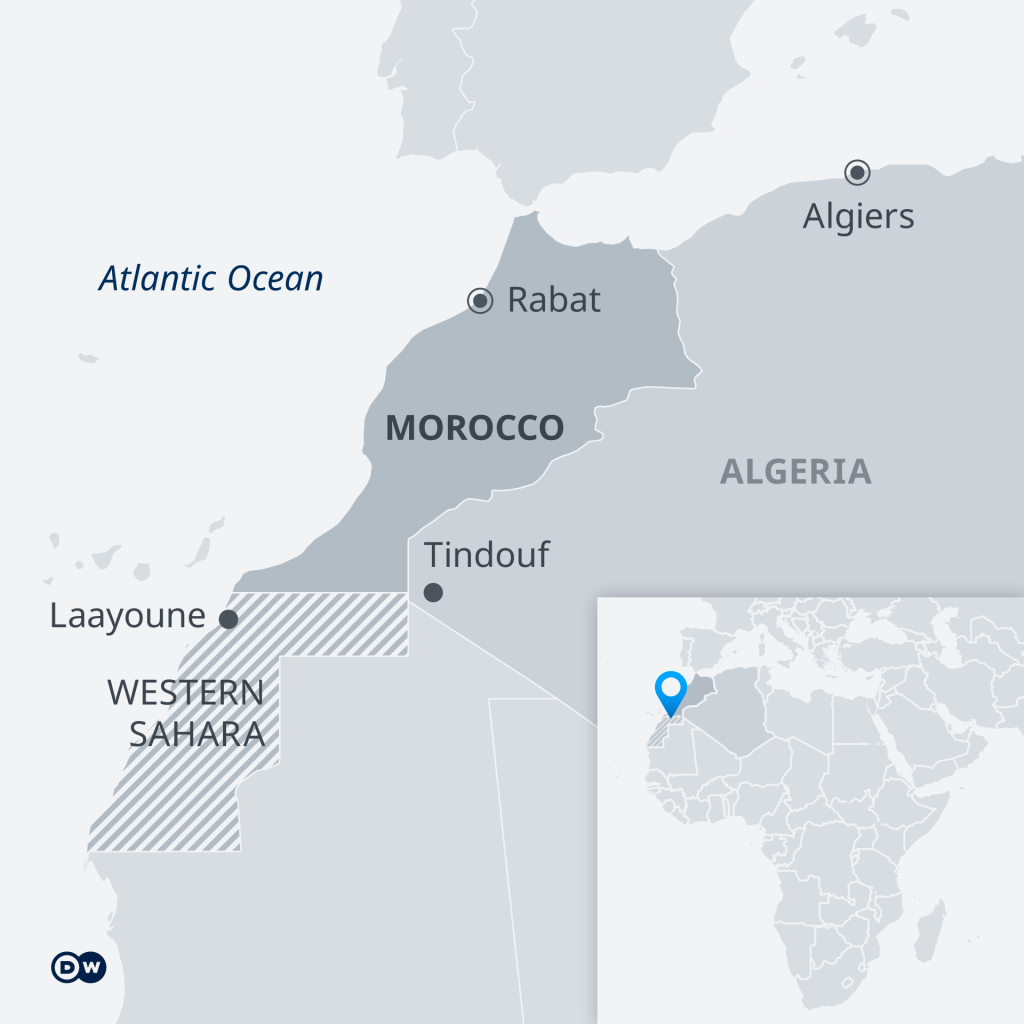
Read Also60 detained in Algeria return to Morocco
France's chequered history with Algeria
While immigration numbers from Algeria to France and the EU in general are somewhat lower in the current context than is the case with Morocco, France and Algeria have an uneasy history on this issue, which still is informing much of the relationship between the two countries.
In the mid 20th century, hundreds of thousands of people moved from what is Algeria today to France in search of better opportunities while also trying to escape growing violence in North Africa. The majority came while Algeria was still a French colony. It gained its independence in 1962 following a brutal conflict.
Once in France, many suffered marginalization and serious discrimination for years. According to officials, around ten percent of France's current population have ties to Algeria.
According to some calculations, up to 300 Algerians were killed in clashes with police in Paris in 1961 during solidarity protests with people fighting for the decolonisation of Algeria, which ultimately culminated in the country's independence the following year — however, only after hundreds of thousands of deaths in the theater of war and a long list of human rights abuses.
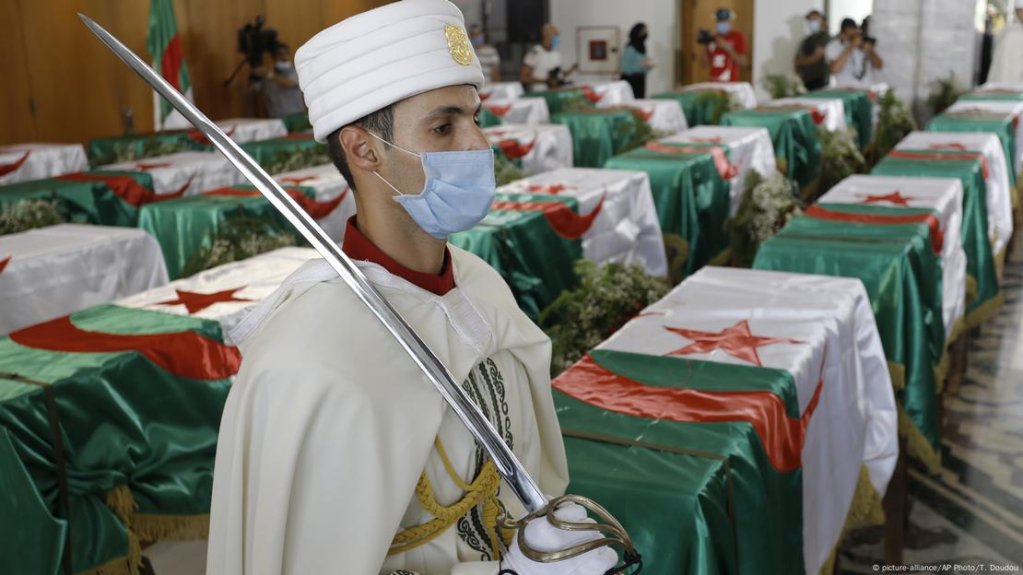
In early April, France and Algeria did resume their diplomatic dialog, but according to a report on the news agency Reuters, between July last year and the end of March, trade dropped as much as 30 percent.
"It is in the interest of France and the French people to be able to be able to get results [with Algeria] in terms of migration, judicial, security and economic cooperation," stated Barrot on April 1 ahead of his visit to the country.
with AFP and Reuters
